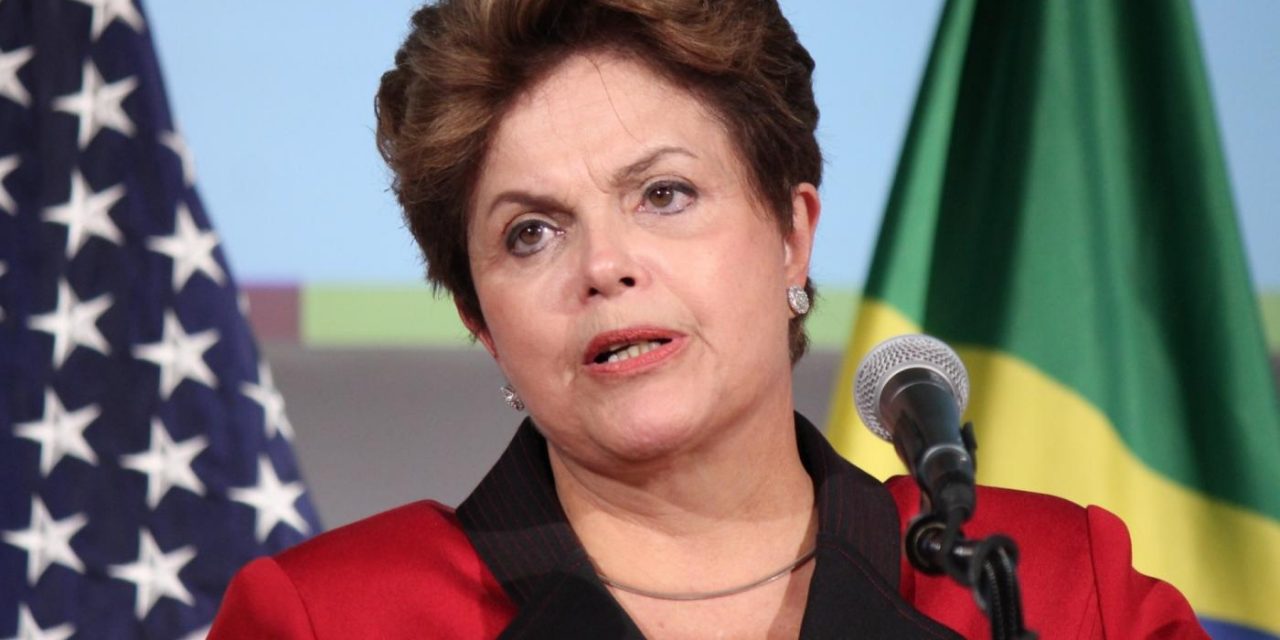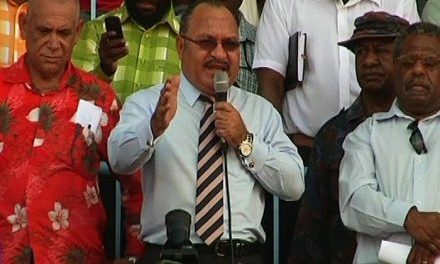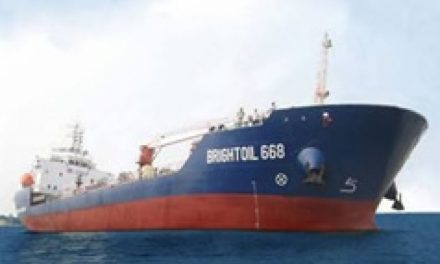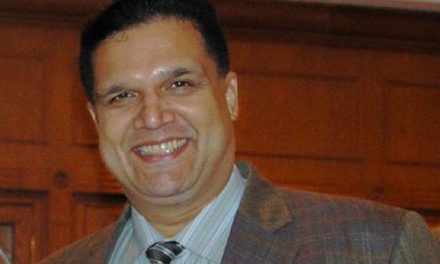4 March 2015
Irregularities and corruption are nothing new to Petrobras, the largest petroleum company in Brazil. From inception it was involved in corruption. Now the Chief prosecutor Rodrigo Janot has handed over a list 54 names of politicians to the Supreme Court to open investigations against them for benefitting from kickbacks amounting to $3.8 billion. Kickbacks were given by contractors who overpriced their invoices. Under Brazilian law, politicians and cabinet members can be investigated only with the approval of a Supreme Court judge. Many on the list are said to be members of President Dilma Rousseff’s Workers Party (PT) and its coalition allies in Congress.
This scandal is a double blow to Rousseff as she chaired the board of Petrobras from 2003 to 2010, during which time the kickback scheme was said to still be operating.
Moody’s lowered Petrobras’ credit rating by two notches to Ba2, two levels below investment grade. Petrobras shares fell by 6% after the downgrade. Rousseff severely criticised Moodys and said that Petrobras has great ability to recover from the corruption scandal without major consequences.
Moody’s was the first of the big-three rating agencies to classify Petrobras’ debt as junk. Moody’s said its downgrade reflects the “increasing concern about corruption investigations and liquidity pressures that might result from delays in delivering audited financial statements.“
Rousseff told reporters that the sovereign credit rating will not be affected by the downgrading of Petrobras.
Some Petrobras directors and former top executives of seven construction companies have been formally charged in connection with the scandal.
UPDATE
Demand for Impeachment of President Dilma Rousseff
16 March 2015
In more than 150 cities, one million protestors took to the streets and demanded Rousseff’s impeachment and an end to the corruption. The biggest protest was in Sao Paulo, where some 210,000 people gathered on the main avenue. The capital Brasilia, Rio de Janeiro and the southern city of Porto Alegre, also saw large gatherings.
Rousseff did not appear in the public. She faces both political and economic crises at a time when her senior ministers are being investigated for corruption involving kick-backs at state-run oil company Petrobras.
Copacabana beach, some demonstrators openly called for a military coup to dissolve the government. Some protestors said that she may have not been directly involved in the corruption at Petrobras, but she certainly knew about it, and makes her just as guilty and justifies her ouster.
The demonstrations were peaceful in contrast to the widespread violence seen during Brazil’s 2013 protests.
Brazil’s top opposition leaders are not in favour of an impeachment because it will destabilize the political stability in Brazil and because Rousseff want not directly involved with the kick-back schemes.
UPDATE
Brazil: Treasurer of ruling party formally charged
17 March 2015
Prosecutors formally charged Workers’ Party Treasurer Joao Vaccari for soliciting donations from former Petrobras services chief Renato Duque and executives at engineering firms which had contracts with Petrobras. Prosecutor Deltan Dallagnol claimed that Vaccari was aware that the donations he was seeking came from bribes. He said that the evidence was gleaned from plea bargain deals with executives who were already jailed.
The Workers’ Party says that all its donations were legal.
Rousseff said that the findings of the investigations show that she had not interfered with the judiciary and that she was not aware of the corruption in Petrobras. This seems a little difficult believe as she was the chairperson of Petrobras during the time (2003 to 2010) the alleged bribes were taken.
The scandal has put a tremendous amount of pressure on her after she was re-elected recently with a narrow margin.
Prosecutors filed additional charges against the construction firms OAS, Mendes Junior and Toyo Setal. Many of the executives of these companies have already been indicted. OAS vehemently denied the allegations.
UPDATE
Rousseff unveils anti-corruption measures
19 March 2015
Following the large scale street protests in many parts of Brazil, President Dilma Rousseff unveiled on Wednesday a series of measures for fighting corruption in response to the rising discontent over a kickback scandal surrounding state-run oil company Petrobras. The measures introduced include:
- Criminalization of slush funds, used by political parties for election campaigns.
- Seizure of assets from people convicted of corruption and from government officials who have wealth out of proportion to their income.
- Implementation of bribery law that stiffens fine for corrupt companies.
- Bar anyone with criminal records from public service.
She said that she will not sweep the current corruption scandal under the carpet or seek to divert criticism.
UPDATE
Rousseff unveils anti-corruption measures
19 March 2015
Following the large scale street protests in many parts of Brazil, President Dilma Rousseff unveiled on Wednesday a series of measures for fighting corruption in response to the rising discontent over a kickback scandal surrounding state-run oil company Petrobras. The measures introduced include:
- Criminalization of slush funds, used by political parties for election campaigns.
- Seizure of assets from people convicted of corruption and from government officials who have wealth out of proportion to their income.
- Implementation of bribery law that stiffens fine for corrupt companies.
- Bar anyone with criminal records from public service.
She said that she will not sweep the current corruption scandal under the carpet or seek to divert criticism.















